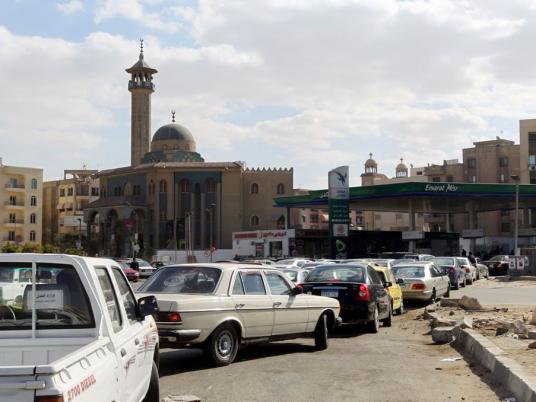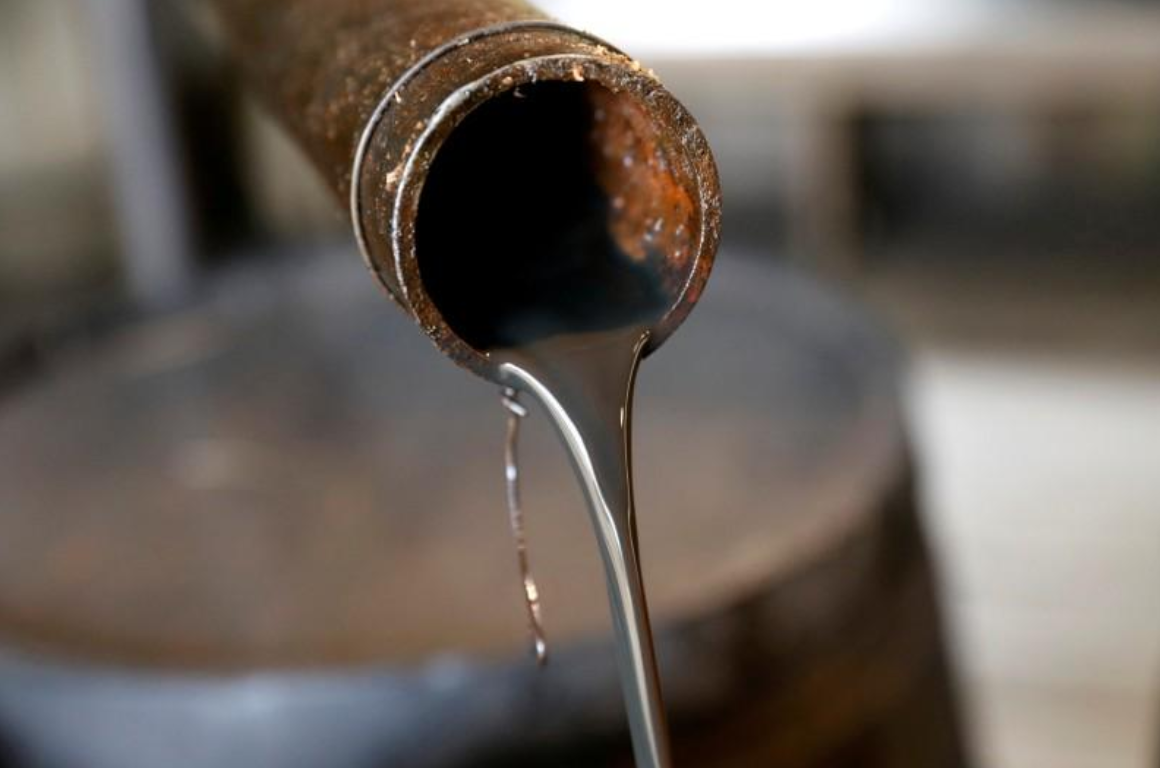
Egypt aims next month to issue a schedule of gradual rises in the subsidised prices various industries pay for fuel, to bring them near to world levels in four years, its trade and industry minister said.
A reduction in energy subsidies is widely seen as an important step towards allowing Egypt to secure a US$4.8 billion loan from the International Monetary Fund (IMF) to shore up its finances.
Egypt spends around a fifth of its budget on fuel subsidies, and the government is under pressure to reduce them to plug a deficit that has mushroomed since the popular uprising that ousted Hosni Mubarak in early 2011.
A growing population and a falling currency are expected to push the energy subsidy bill to more than LE120 billion in the financial year that ends in June.
Trade and Industry Minister Hatem Saleh said the government has been negotiating with industry leaders on the plan to increase prices.
"A very big dialogue is taking place with the Federation of Industries. I expect that within a week or two we will bring in the petroleum minister, and there will be a protocol so that the direction is clear for everyone," he said in an interview.
The protocol will set dates for increases in the price different industries pay for natural gas, diesel and fuel oil.
"Some industries will continue to be supported and will not reach world prices. They will be subsidised. These are labour-intensive industries and strategic industries that have an impact on poor people, such as basic food industries, basic commodities."
Reaching world levels
In February, the government raised the price of fuel oil, which is widely used in energy-intensive local industries, to LE1,500 per ton from a previous LE1,000.
It also increased prices of natural gas and diesel for some industries by 50 percent, industry sources said at the time.
"Within four years, we will approach world prices, especially energy intensive industries," Saleh told Reuters.
Egypt, which used to be a significant gas exporter, has struggled to pay for energy imports since the uprising drove away investors and tourists, two main sources of foreign currency.
It has paid for energy imports partly by drawing down foreign reserves, borrowing from foreign governments and delaying payments to oil companies operating in Egypt.
Foreign reserves dropped to a critical level of $13.4 billion in March – insufficient to cover three months of total imports.
The government has said it will start rationing state-subsidised motor fuel in the second half of 2014.
Farmers say they are concerned about a shortage of diesel to power irrigation pumps and tractors for the harvest season which may hinder this year's wheat crop.



